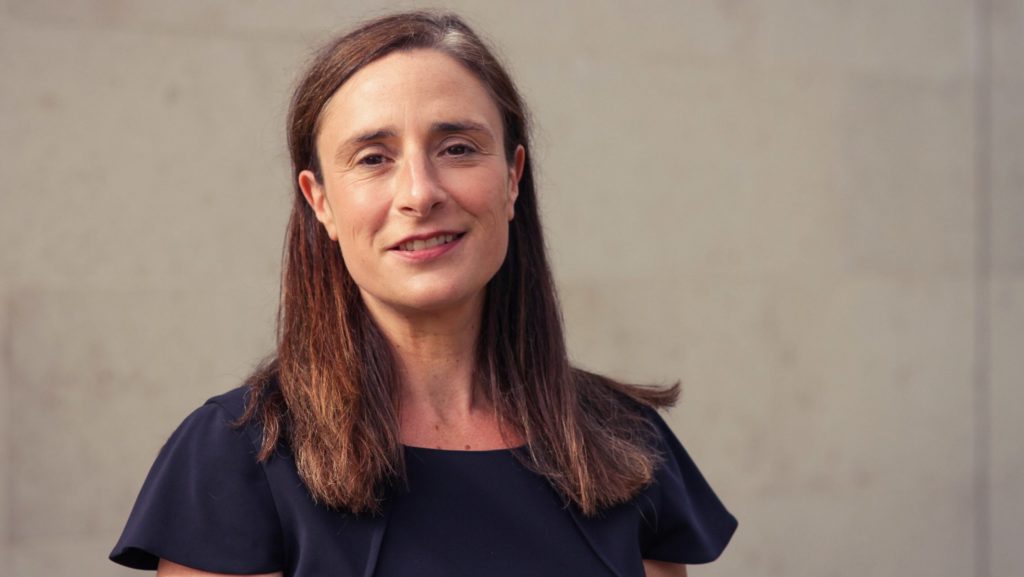A debt trap awaits for higher-earning freelancers
Higher-earning freelancers may not be as financially secure as first thought
- Higher earners are more likely to have borrowed more (and a higher percentage of their income) than those on lower incomes.
- They are more than twice as likely to have variable-rate debts as lower earners.
- Over the next 12 months, their debt situation will deteriorate further and faster than those on lower incomes.
- Right now, nine in ten of the top 20% of earners have enough wiggle room in their budget to be comfortable, but in 12 months’ time, this will fall to around half of the top 10% of earners, and around one in four of the next 10%.
Findings from the HL Savings & Resilience Barometer, produced with Oxford Economics, July 2022
“Higher earners may feel more insulated from the cost-of-living crisis than those on lower incomes, but they could be about to find out the hard way that they’re not as secure as they thought,” says Sarah Coles, senior personal finance analyst, Hargreaves Lansdown.
“Typically, the more people earn, the less affordable their debts are now – and the worse they’ll get over the next 12 months,” she says.
Debt scores are set to fall furthest for higher earners
The HL Savings & Resilience Barometer, produced with Oxford Economics, looks at a number of areas of people’s finances, and one of the most vulnerable for those on bigger incomes is debt. Typically, the higher your income, the more of it you’re spending on your debts.
The barometer brings together a number of measures of debt – from affordability to certainty over future payments, to arrears and people’s view of how much debt they have – to produce an overall debt resilience score out of 100.
Over the year, the score for the highest fifth of earners is set to drop 12% to 59, while the score for the lowest fifth of earners drops just 3% to 75.
Why debts will be less affordable

Higher earners tend to be more prepared to take on more debt. Over the next 12 months, this is likely to lead to more higher earners borrowing to cover at least some of their rising costs.
Another issue is the fact that the highest earners are more than twice as likely to have variable rate debts as those earning less, so in an environment of rising rates, their costs will increase.
The extra debt, and the higher repayments, may feel more manageable for higher earners because they have always tended to have the space in their budget to cover them. However, unless higher earners are also taking steps to cut costs and keep a lid on their borrowing, this is going to put their finances under increasing pressure as time goes on.
Higher earners will have less surplus cash to cover extra costs
Those with bigger incomes may think they can take this pressure, says Coles.
“Unsurprisingly, the higher your income, the more likely you are to have enough cash at the end of the month to be considered resilient – with more than nine in ten of the top fifth of earners having enough cash left over to be able to cope with life’s nastier surprises,” she says.
However, in 12 months’ time, the picture will change dramatically, so only around half of the top 10% of earners have enough cash at the end of the month, and just one in four of the next 10% will.
It means an awful lot of higher earners will start to feel the pinch, and may suddenly discover their higher debt-servicing costs are harder to stretch to.
Sarah Coles, senior personal finance analyst, Hargreaves Lansdown
As we head deeper into tougher economic times, Coles says there are no guarantees that life will continue as we expect.
“With higher and more variable rate borrowing, bigger earners are also particularly vulnerable if they lose their income for a period. Already, higher earners are more likely to feel they have taken on more debt than they should have than any other income group, and for some of them, this sense of foreboding will prove right,” says Coles.


